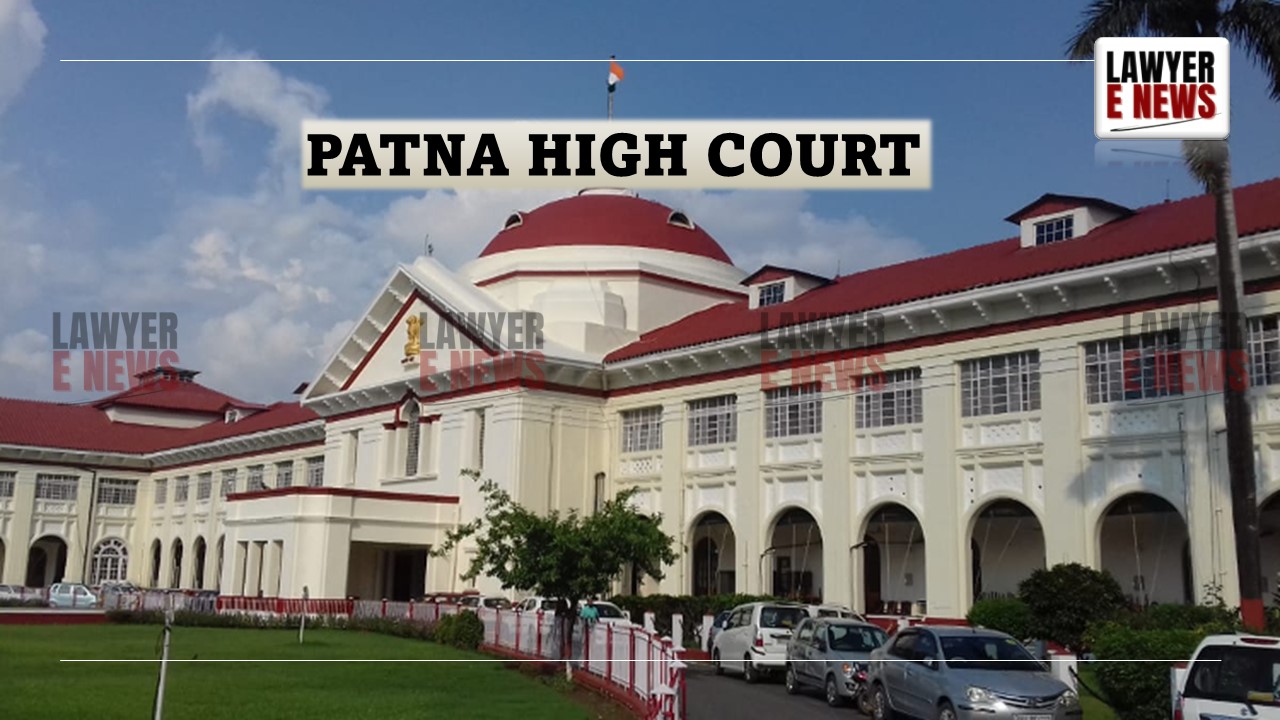-
by Admin
15 February 2026 5:35 AM



In a significant ruling, the Patna High Court in Anita Devi v. State of Bihar addressed the issue of disproportionate penalties under the Bihar Prohibition and Excise Act. The court set aside a previous appellate order and reduced the fine imposed for a minor excise violation involving the recovery of a mere 1 liter of country-made liquor. The ruling emphasized that penalties should be proportionate to the severity of the offense.
The case arose when 1 liter of country-made liquor was allegedly recovered from a vehicle owned by the petitioner, Anita Devi. The vehicle, a Swift Dzire, was seized under FIR No. 565 of 2023, registered under Sections 30(a) and 37 of the Bihar Prohibition and Excise (Amendment) Act, 2018. Subsequently, the vehicle was auctioned for ₹3,25,000, and the petitioner was fined ₹1,01,927, 30% of the vehicle’s insurance value. The petitioner sought relief, arguing that the fine was excessive and that the vehicle had been auctioned without proper notice.
The main legal issue revolved around whether the fine imposed by the Excise authorities was proportionate to the offense. The petitioner contended that the recovery of only 1 liter of liquor did not justify such a high penalty or the auction of the vehicle.
The Court agreed with the petitioner, finding that the fine was indeed "disproportionate to the offence committed." The Court highlighted that the offense involved a minor recovery and that imposing a heavy fine in such cases would violate the principles of natural justice.
The Court, led by Justice Alok Kumar Pandey, concluded that the imposition of ₹1,01,927 as a fine was "too harsh" for the recovery of 1 liter of country-made liquor. Recognizing that third-party rights had already been created due to the auction, the Court did not remit the case. However, it reduced the fine to ₹10,000, ordering that the petitioner should pay this amount to retrieve the auction proceeds of ₹3,25,000.
The judgment stressed the importance of proportionality in penalty decisions, remarking that the petitioner was not a habitual offender, and that imposing excessive fines for minor violations would be unjust.
The Patna High Court’s ruling serves as an important precedent in excise-related cases, ensuring that penalties align with the gravity of the offense. The decision not only provided relief to the petitioner but also reaffirmed the need for fairness in the enforcement of prohibition laws.
Date of Decision: September 26, 2024
Anita Devi v. State of Bihar
